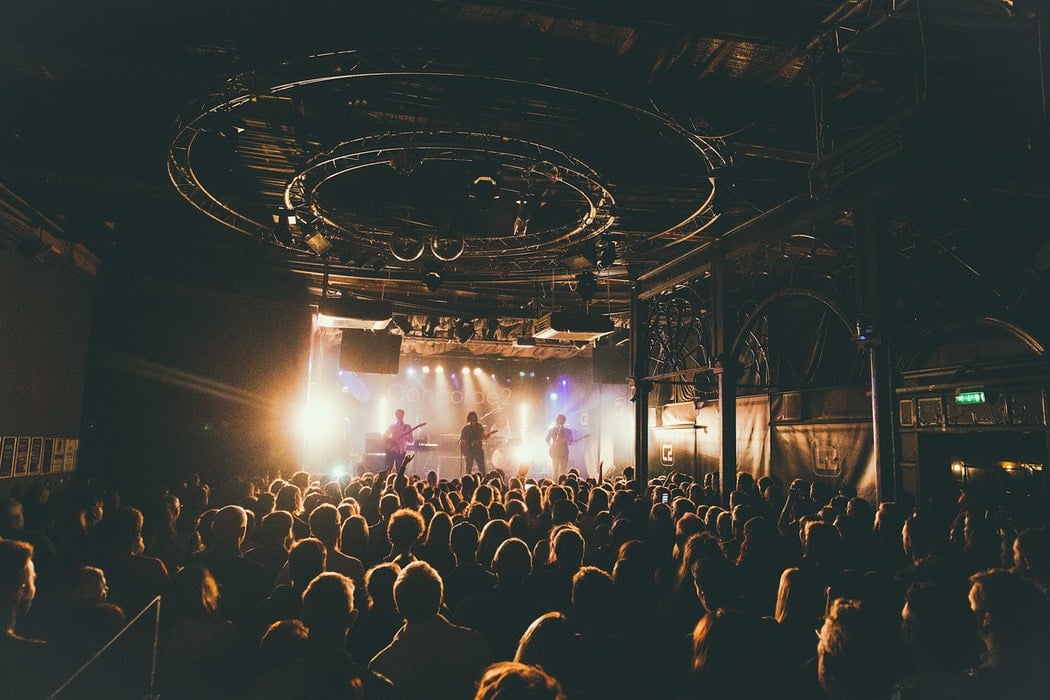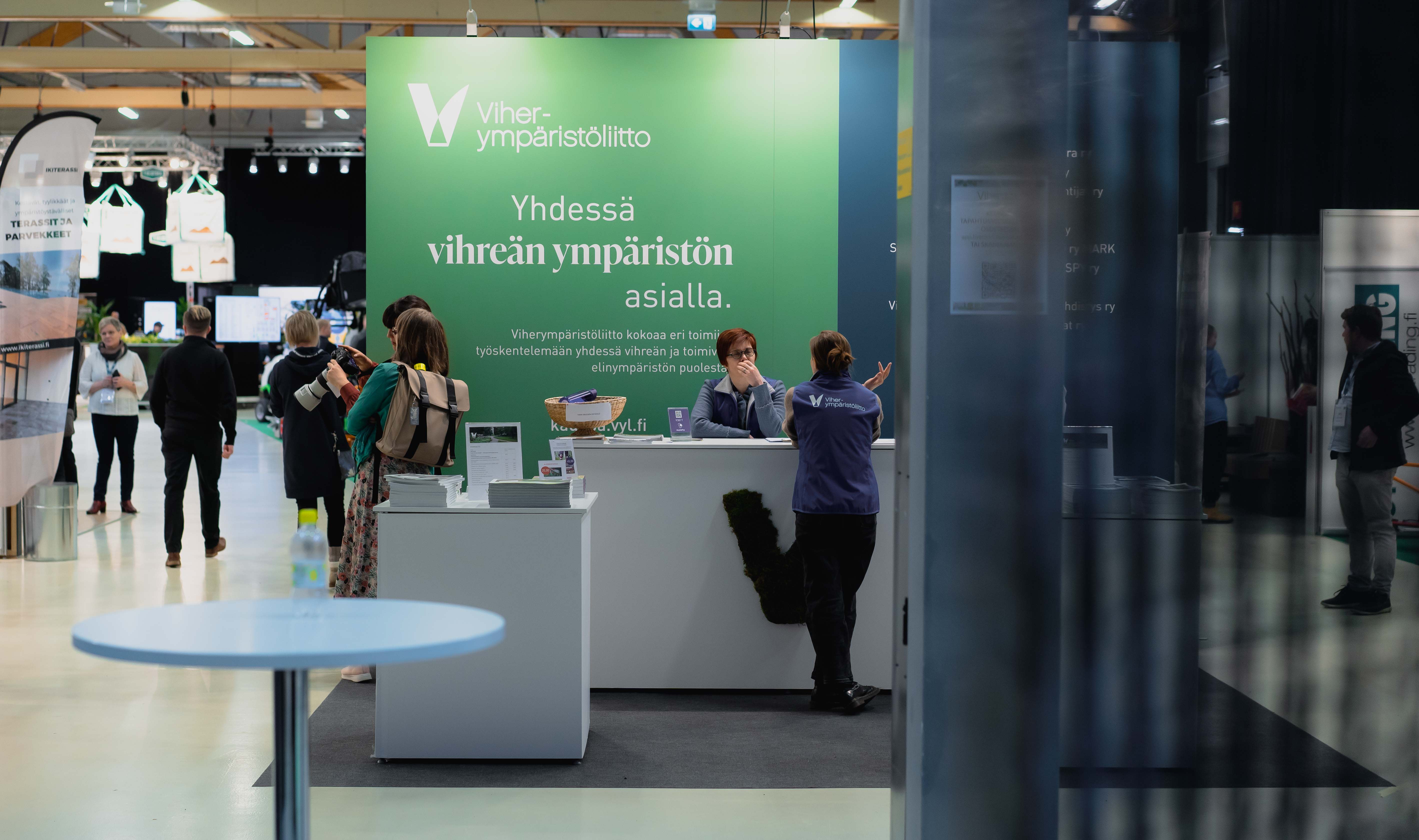How to Write an Effective Event Description
The event description is one is the first things that a potential attendee gets to know about your event. If an event description doesn’t look...

Event pricing is a crucial element of the event organization process that has a significant impact on its success. If the ticket price is too low or too high, the profitability of the event is under threat. In order to succeed event organizers should find a balanced ticket price and make it flexible, which isn’t always an easy task. Continue reading to get to know why, how and when you should change the ticket price to make a sell-out.
Start by determining the target audience for the event and their financial abilities. This market research would help to set up an appropriate price range with minimum and maximum values. Remember that the minimal price is the one that still makes the event profitable and exceeds the cost price.
Most event organisers should also avoid organising events for free. Charging nothing for a ticket makes people think that there is no value delivered at the event; therefore, the event show-up rate decreases. There are few more reasons you shouldn’t organise free events, learn them here.
Stable pricing isn’t the best solution as well. The price should vary depending on internal and external circumstances. Developing an event pricing strategy is a time- and effort-consuming process, but it pays off.

When you know your target audience well, decide that your event isn’t free and you want to make the ticket price flexible, it’s time to develop an improved event pricing strategy. There are five essential steps:
1. Analyse previous events
If an event or similar events were organised before, it’s reasonable to take into account the experience of past events. What ticket categories were the most popular? What was the price range? Are people ready to pay more than previously? Such an analysis would help to adjust prices better: to charge more for the most favoured ticket categories and upgrade the offering for the most unpopular tickets.
2. Set up the minimum and maximum price
The minimum price is usually charged for so-called ‘Early Bird’ tickets. Such tickets are helpful in event promotion and are aimed for loyal customers who know the event already. Then there are several stages of increasing the price and the maximum price is set for the last stage a few days before the event or already on site.
3. Motivate to buy NOW
Potential attendees might be attracted by some special offerings or the upcoming ticket price increase. In many cases, people decide to buy tickets at a particular time just because they don’t want to lose the opportunity to buy cheaper. If the ticket price is always the same, this marketing trick isn’t possible, and the majority of ticket purchases is done right before the event, which makes attendance predictions unclear for event organisers.
4. Decide on the number of ticket sales stages
When the ticket sales are divided into several stages, customers are motivated to buy tickets in advance and save some money. As a rule, two to three days before the next price increase shows the best ticket sales results.
The number of stages always depends on a particular event and the starting point of ticket sales. The earlier you start to sell tickets, the more stages you can add. It’s also essential to find a balance between the number of stages and the price gap between the stages. This gap should be reasonable and notable enough to encourage the purchase.
5. Offer discounts
Special offers and discounts are a common way to boost ticket sales, but event organizers should use them carefully for a reason. What association do people get when they see something on sale? Right, it means that the business can’t sell the product or service with an original price. The same rule applies to events. The question is how to avoid these negative associations?
First tip is a special offer held in conjunction with something, for example, public holidays or other related events. Second tip is to limit the target audience and the period of a discount validity. Many events publish discount codes for social media followers only or send with discounts to past event attendees direct emails.
Liveto platform allows event organizers to add discount codes with just a few clicks. Learn more about the platform here.
That’s it! Now you know that ticket pricing should be flexible and, most importantly, how and when the price should change. Liveto’s team hopes that these tips will help you to increase your profit and sell tickets better. We’re always here to help your event succeed!

The event description is one is the first things that a potential attendee gets to know about your event. If an event description doesn’t look...

Event industry professionals agree that one of the major challenges in hosting virtual events is audience engagement. Unlike in-person event...

Viherpäivät event was organized again in-person in 2023 in Paviljonki, Jyväskylä, after a couple of Covid-19 years. The national environmental and...